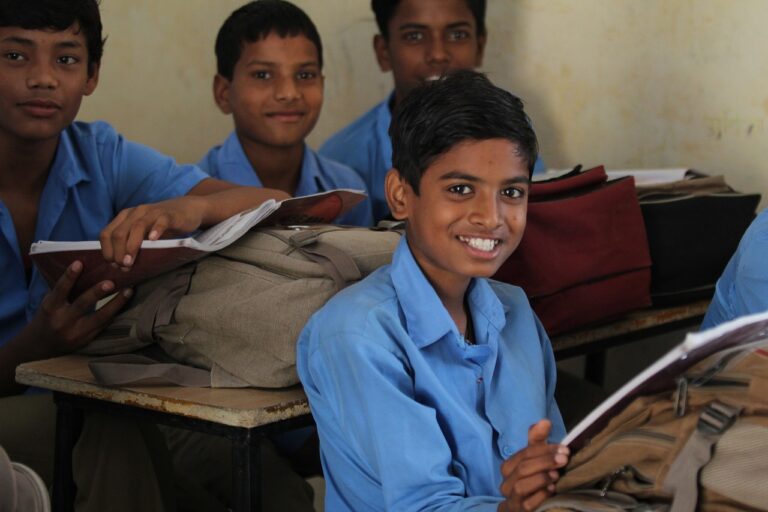The Punjab School Education Department has recently introduced a number of new rules to make the atmosphere in schools more disciplined, organized, and professional and to reduce the incidence of mechanisms involved in maintaining order within the Punjab school system. These changes clearly concern learners and employees and are intended to improve the education process while preserving discipline.
Key Changes Include:
1. The Banned of Using Mobile Phones in School Period
Another significant change is prohibiting using mobile phones during school hours right from class. This applies even to teachers, learners and other staff within the institution. Among new directives, teachers are banned from having their phones with them during working hours, allowing heads of schools to keep them in quiet mode. In this undertaking, the intention is to minimize interference and the focus of all school members during teaching and learning activities.
2. Teacher and student dress code
The department has implemented a mandatory dress code to foster dress code conformity and school unity.
Teachers are now supposed to wear dress coats and closed shoes. This is to ensure that educators have a high standard of professionalism to emulate and that learners emulate this in society.
Students must wear plain black and white navy blue first and second labels T-shirts branded with their names in case of identification. Furthermore, class representatives will put on CR sashes to signify that they are the foremen of the class.
The programme does more than make students look clean and presentable; it also seeks to teach orderliness and pride among the learners.
3. Leadership Development with Rotating Head Boys
To build leadership qualities amongst the students, the department has implemented the system of rotating head boys for the first time. This allows all students to be leaders, thereby developing leadership qualities.
4. Organization and handling of communication inside the classroom
Schools must install soft boards on which schedules, discipline charts, and general notices are fixed. This step facilitates effective communication so end users, such as students and staff, know when to do what.
However, time boards should be posted at the main gates, while motivational banners should be posted throughout the school to encourage the students and staff.
5. Simplified record as well as documentation in treatment
Documentation is also part of the new guidelines, including organization and standardization of records. In particular:
In order to make notes, the students have to open new covered registers for each subject, such as English, Urdu, Science, Maths, etc., instead of notebooks.
In writing and implementing this policy, teachers are required to maintain a daily lesson diary while keeping records. The documentation of the lesson must be clear to allow easy reference when needed.
These efforts are perceived to enhance the organization in both learning and administration using increasing formalization.
6. Daily Health and Grooming Examination
Personal cleanliness and tidiness are another consideration in the new standard; Conduct checks on students’ neatness, uniform, hair and nails will be conducted frequently to maintain cleanliness and order.
Why Are These Guidelines Important?
These changes are intended to build an environment that is more structured and disciplined, which also helps the students respect their teachers and fellow students. These changes include banning the use of mobile phones in class, a dress code for students, and student leadership. Among the recent strategies employed are as follows.
These reforms also make communication, record keeping and documentation in school management easy, increasing transparency.
Thus, the Punjab Education Department’s recent compilation of standards contributes to enhancing the general educational framework by addressing discipline, professionalism, and sanitation issues in the sphere. Such steps should lead to improvement of the quality of education and development of the teaching and learning environment in the country for both learners and instructors.
Conclusion
These are the most significant and extensive reforms implemented in the Punjab Education Department to create a more disciplined and professional educational system. Through the mobile phone ban, dress code, and leadership and hygiene, the department is thus developing an improved school structure for the future. Such measures will go a long way in moulding well-rounded students who are not only academically sound but also disciplined, responsible, good leaders and team players.

